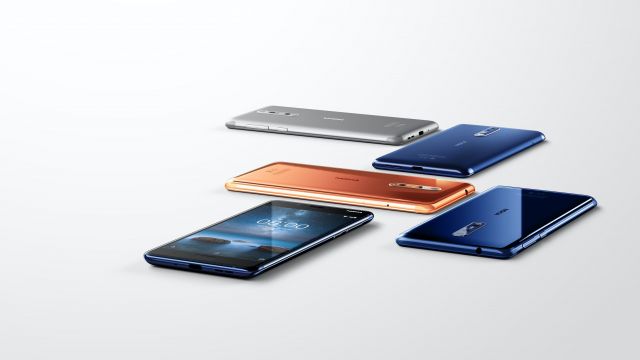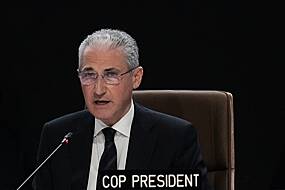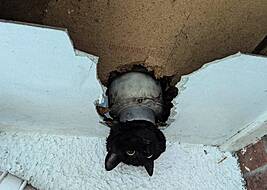The Espoo, Finland-based maker of new-generation 5G mobile and other networks said on Friday that its net profit for the April-June period was up 22% at 316 million euros (376 million US dollars).
Sales were down 11% at 5.1 billion euros.
Chief executive Rajeev Suri said in a statement that the majority of the drop in revenue was “the result of Covid-19 as well as a sharp decline in China based on the prudent approach we have taken in that market”.
Nokia estimated that the Covid-19 crisis hurt its net sales by about 300 million euros in the second quarter and about 500 million euros in the first half of the year.
We announce Q2 and 1H 2020 results. We delivered a strong improvement in Q2, with better-than-expected profitability, and significant improvement in cash generation. Read the PR https://t.co/H4WW4R2JEh and see the investor website: https://t.co/OxFo96G6h9. $NOK #5G pic.twitter.com/0dl02KLkAm
Advertisement— Nokia (@nokia) July 31, 2020
Mr Suri said that Nokia has now concluded 85 commercial deals for 5G, the new network technology that allows ultra-fast downloading speeds among other things.
Along with China’s Huawei and Sweden’s Ericsson, Nokia is one of the three main providers of 5G networks.
Huawei is at the centre of a US-China dispute over technology, with the Trump administration saying it can help the Chinese government spy on people, a claim the company denies.
Friday marked the last day as a chief executive for Mr Suri, a Nokia veteran with 25 years in service and the head of the company since 2014, as his appointed successor Pekka Lundmark takes over on August 1.
Mr Lundmark, 56, is the former chief executive of the Finnish energy group Fortum who has earlier worked at Nokia in various executive positions between 1990 and 2000.
In May, Nokia’s shareholders approved the appointment of Sari Baldauf, who also has an extensive Nokia background, as the company’s new chairwoman.







